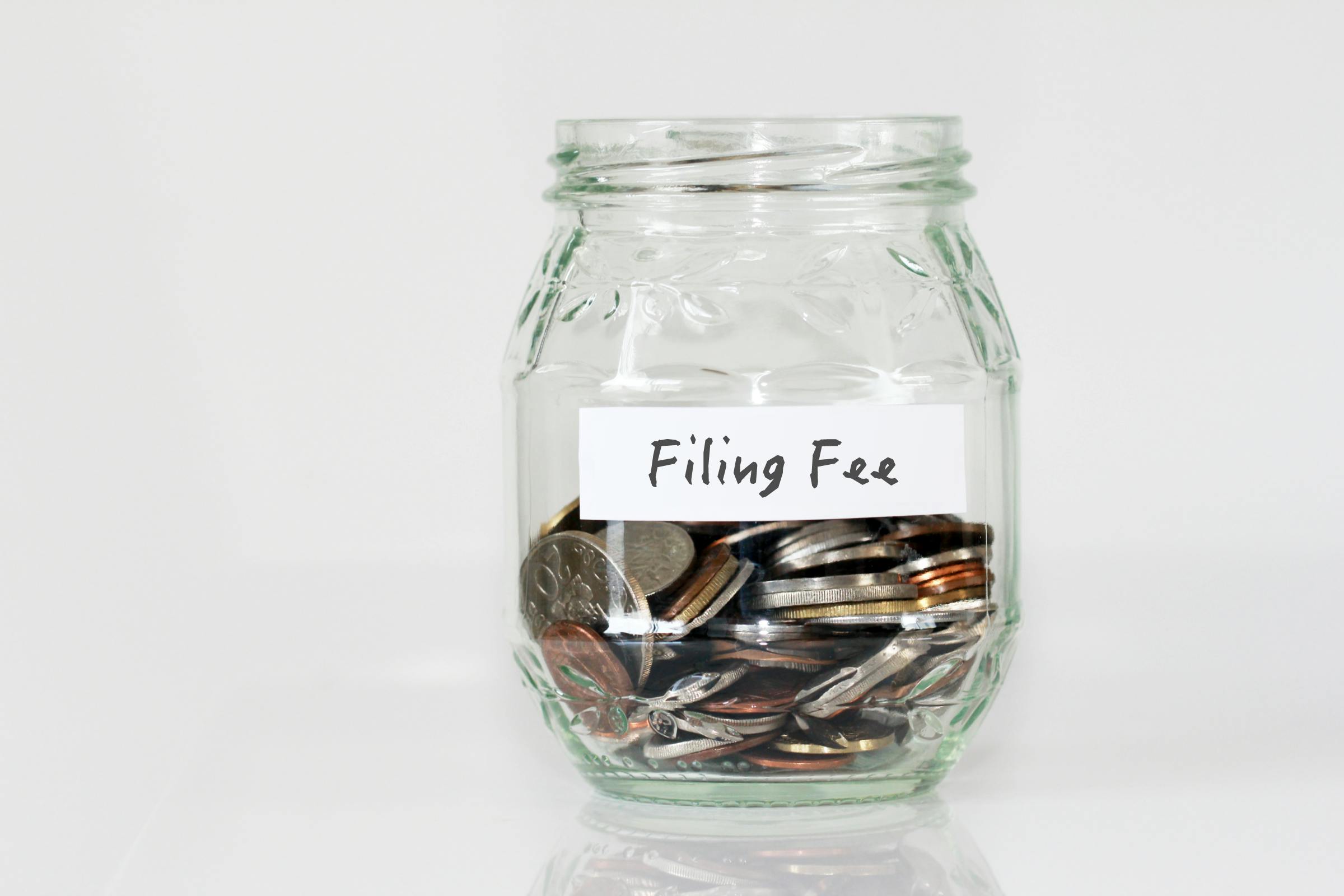The Proposed Ruling
Unlike private businesses, government branches can’t hike rates without permission. To get this approval means going through hurdles such as publishing a Notice of Proposed Rulemaking in the Federal Register, which USCIS did on January 4, 2023.
This proposal requested approval for USCIS to increase filing fees in certain categories, including:
● I-485, Application to Register Permanent Residence or Adjust Status
● N-400, Application for Naturalization
● Form I-129, Petition for Nonimmigrant Worker (H, L, and O classifications)
● Form I-130, Petition for Alien Relative
● Form I-129F, Petition for Alien Fiance(e)
● Form I-751, Petition to Remove Conditions on Permanent Residence
● Form I-526, Immigrant Petition for the EB-5 Immigrant Investor Program, and
● Form I-765 Application for Employment Authorization.
In addition to these categories, many others are impacted. And the rule also requests the incorporation of biometrics costs as part of the main fee instead of a separate expense. USCIS also wishes to make Form I-485, Form I-131, and Form I-765 distinct, each with its own filing fee, and create a separate fee for Form I-129, Petition for Nonimmigrant Worker.
An optional way to speed up your application’s review is the Premium Processing request. This gives USCIS 15 calendar days to review and interpret your correctly submitted document. Under the proposed ruling, this timeframe will move from 15 calendar days to 15 business days.
It’s not all about rate increases, though. USCIS’s proposed changes include a category for certain immigration forms to decrease the filing fees when completed online.
The Notice-and-Comment Period
The government doesn’t take rate increase requests lightly. On top of publishing a notice of intended fee hikes, the Administrative Procedure Act requires a waiting period of 60 days, during which a mandatory notice-and-comment process is implemented. This two-month period gives the public time to get their opinions heard before a final ruling is decided, and it begins at least 60 days from the original date that the notice is published.
This window is, therefore, flexible. Originally, the public comment period had a closing date of March 5, 2023, but the government extended it to close on March 13, 2023. This was due to technical issues on the eRulemaking Portal run by the Federal Register that made it difficult or impossible for the public to submit their comments and upload documentation supporting their suggestions and claims.
But now that the comment period has officially ended, USCIS is reviewing your suggestions. These will be used to help make the final rule before it is published in the Federal Register.
What’s Next?
The time for you to submit your thoughts on a rate increase may be over, but you still have time to get your H-1B visa request submitted before fee increases go into effect. These won’t be official until the public is notified of the final rule in the Federal Register.
After that publication, the rule can take effect within thirty calendar days from the date of the notice. Ready to get your H-1B application going before it becomes more expensive? Contact Visa2US today. Our legal immigration experts are ready to guide you through this path and answer your questions to help make the H-1B visa application or renewal process easier.














